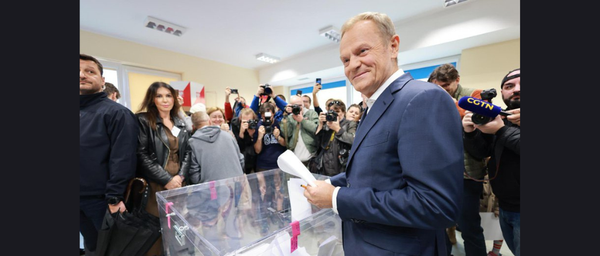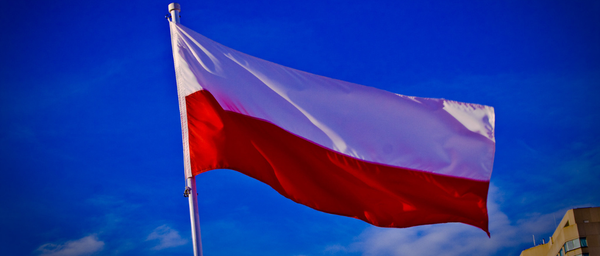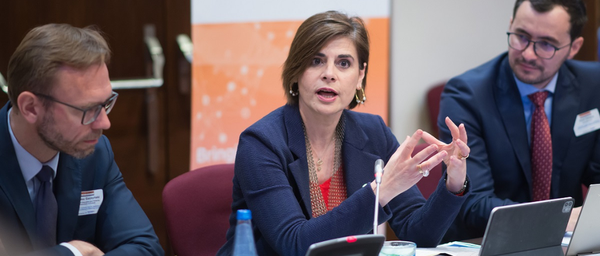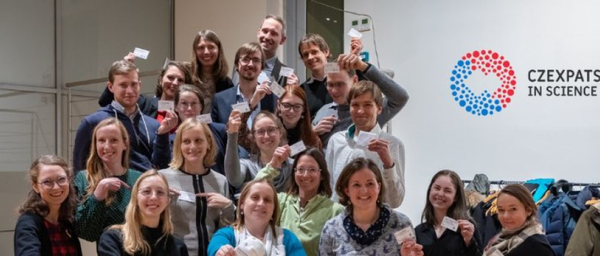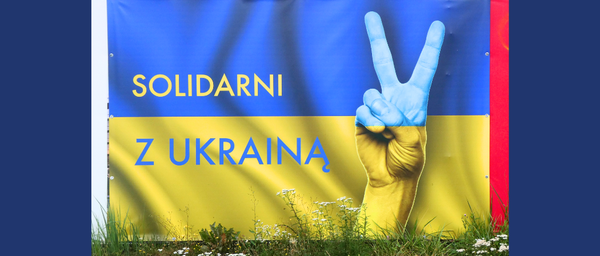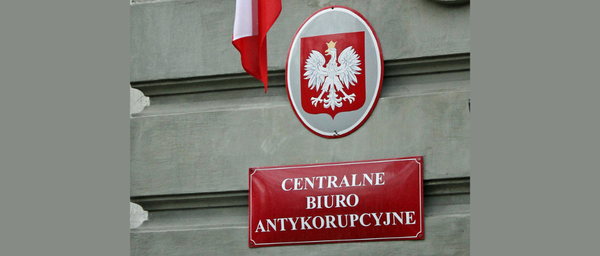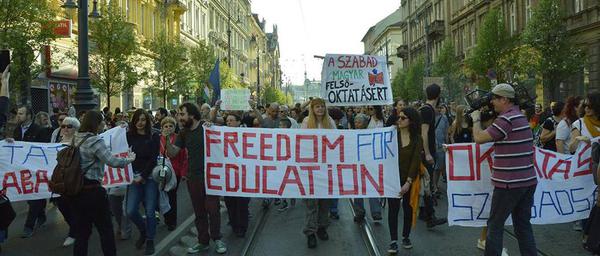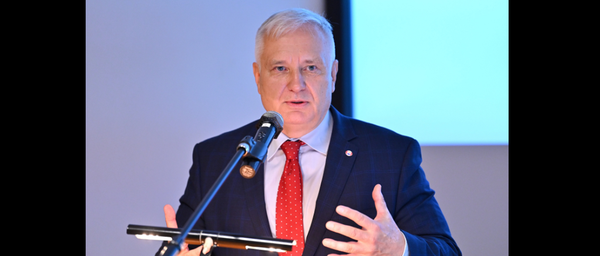
Polish Academy of Sciences reform sparks worries about autonomy of its institutes
The reform of the Polish Academy of Sciences could impact the autonomy of its institutes, diminishing their decision-making power, warns Przemysław Urbańczyk, professor of archaeology at Cardinal Stefan Wyszyński University in Warsaw.
Urbańczyk’s concerns are that under the draft reform, proposed by the academy in March last year, an elected group of scientists and scholars from its institutes, known as the Corporation of the Academy, will have too much power, while the directors of the institu
Urbańczyk’s concerns are that under the draft reform, proposed by the academy in March last year, an elected group of scientists and scholars from its institutes, known as the Corporation of the Academy, will have too much power, while the directors of the institu

